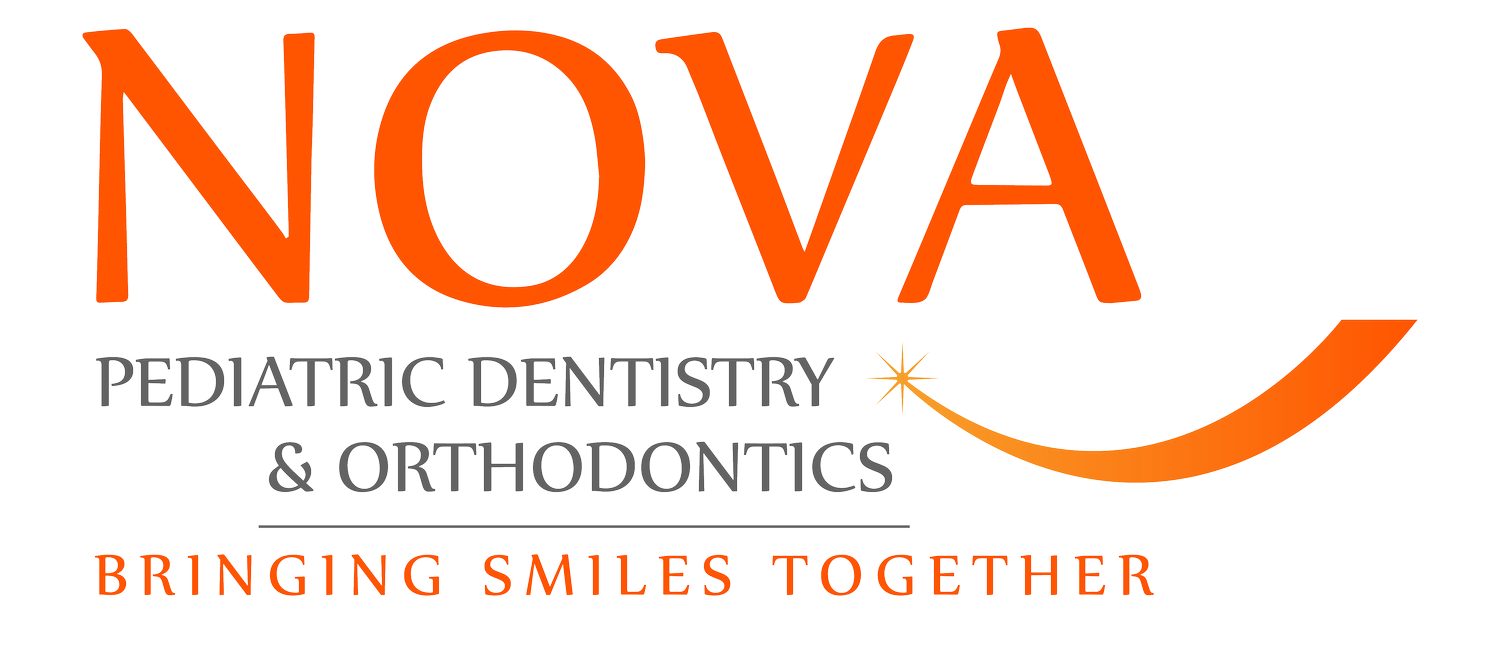Life With Braces
Now that you have your braces, how do you take care of them? It’s important for you to know how to take care of your braces properly throughout your entire orthodontic treatment.
-
When you first get your braces, you may notice that your teeth and mouth feel a little tender or sore. This is perfectly normal, and we promise your mouth will not be sore forever!
It is not uncommon for your lips, cheeks, and tongue to become irritated for one to two weeks as they toughen and become used to the braces. To relieve the pain associated with mouth sores caused by the new appliances, we recommend dissolving one teaspoon of salt in eight ounces of lukewarm water. Swish and gargle this solution in your mouth for one minute, but do not swallow the saltwater.
If the pain is more severe you can also try taking a pain reliever. Most patients achieve effective pain relief from acetaminophen (Tylenol®) or an anti-inflammatory drug like ibuprofen (Advil® or Motrin®).
Check with your doctor for potential side effects with other medications first, or if you have a suspected allergy to any of these drugs. This medication is usually neither required nor recommended for more than three to five days in a row. If you find that the pain continues for more time, please contact the office. Efficient tooth movement can be delayed if anti-inflammatory pain medication is taken for too long a period of time, and kidney and liver damage have been found in patients who take these medications continuously over a long period of time without a doctor’s supervision. Be very careful with your dosing and the amount of time during which you take these medications.
We provide all patients with wax that can be placed over the braces to lessen the tenderness. If you need additional wax, please let us know.
-
If your teeth begin to feel a little loose, don’t worry; this also is normal! Your braces must first loosen your teeth to move them into the right position. Once your teeth have been repositioned, they will no longer be loose.
-
The wires and bands on your braces may come loose. If this happens, please contact us as soon as possible so we can inspect and repair your appliance. If any piece of your appliance comes off, be sure to save it and bring it to the office with you.
You can temporarily fix the loose wire by using the back of a spoon or the eraser end of a pencil to push the wire carefully and gently back into place. If the loose wire is causing irritation to your lips or cheeks, put wax or a wet cotton ball over the broken wire to relieve the pain. For additional tips on handling orthodontic emergencies please reference the orthodontic emergencies section of our website.
-
Damaged appliances can increase the length of your treatment, so be sure to take care of all your appliances. Your teeth and jaw can only move into their correct positions if you wear the rubber bands, headgear, retainer, or other appliances consistently as prescribed by Dr. Courtney.
-
Athletes can still play sports even while undergoing orthodontic treatment. If you do play sports, it’s recommended that you wear a mouthguard to protect your teeth and your appliances. Let our team know if you need help finding the right mouthguard for the best protection.
In case of a sports emergency, be sure to check your mouth and appliance immediately for damage. If you notice any loose teeth or appliance damage, please contact our office right away. You can relieve the discomfort temporarily by applying wax or rinsing your mouth with warm salt water.
-
Although there are many factors that determine how long you have to wear braces (case difficulty, rate of tooth movement through bone, etc.) the most frequent complication that prolongs orthodontic treatment is loose or broken brackets and wires.
Most patients progress through treatment with only one or two broken brackets. Unfortunately, a loose bracket or broken wire that goes unnoticed or ignored can actually delay treatment for up to six months. Inspecting your braces after every meal and notifying our team of any broken appliances will keep you on time to finish your treatment.
Foods to avoid while you have braces:
Hard, crunchy, crusty, or sticky foods are most frequently responsible for breaking appliances; however, improper brushing techniques or oral habits like biting on pens, pencils, sewing needles, etc., may also result in appliance breakage.
In addition to the following list of foods to avoid, please be aware that you must eat foods differently when you have braces. Instead of biting into sandwiches, apples, carrots, or pizza with your front teeth, you must train yourself to cut or tear your food apart and place it onto your back teeth for chewing.
The following list is not all-inclusive. If you’re not sure whether or not you should eat a particular food, use common sense or contact our office.

